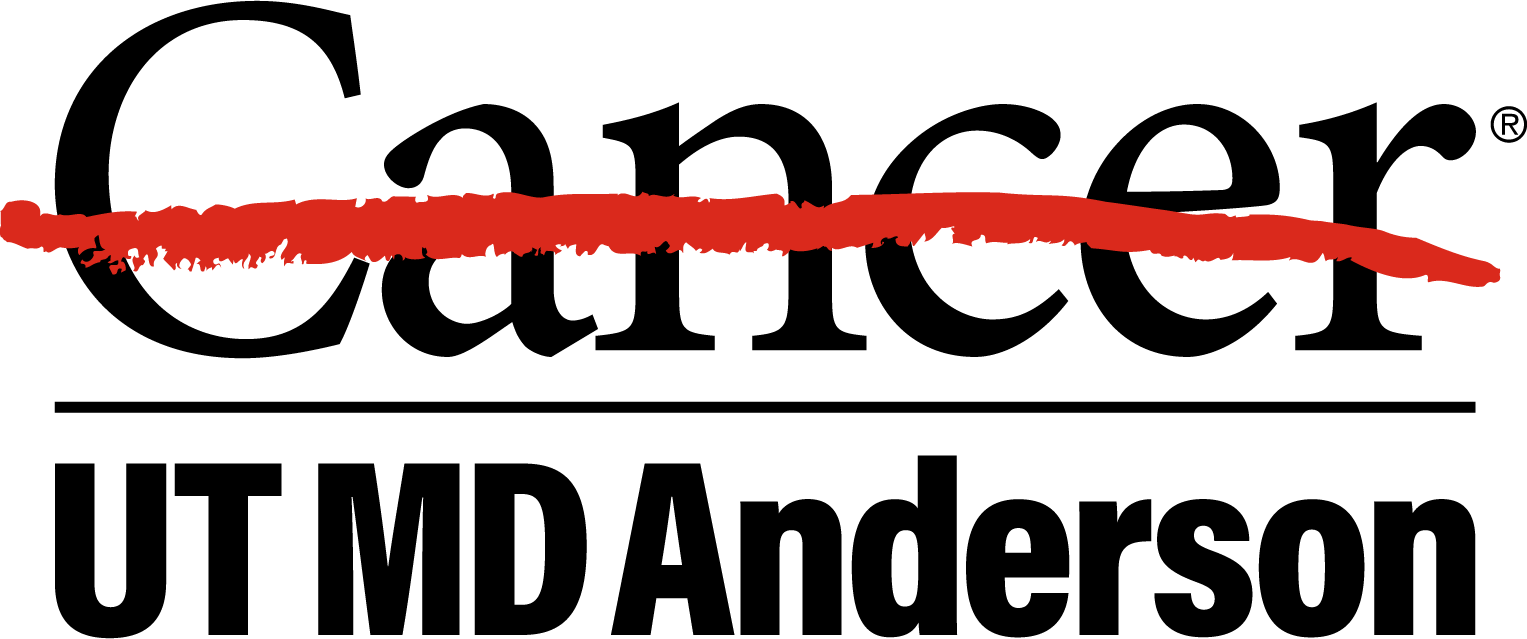The Toll of Brain Cancer and Treatment: A Caregiver Grieves Losses
November 16, 2011
Caring for a loved one with a serious illness can be exhausting and disheartening. Robert Lee of Oolitic, Ind., shares the story of his wife's 2009 diagnosis of glioblastoma multiforme, and the physical, cognitive and emotional losses that have followed.
I never wanted to get married. A happy, 40-year-old bachelor, I didn't need the added stress.
I was already stressed out doing two jobs: an environmental compliance inspector and a major in the Army Reserve.
Then I moved to an apartment located next to a Wendy's restaurant.
That's where I met Jo. Actually, I watched and admired her from afar for a while. She was the hardest worker I'd ever seen.
Every day, I saw her little red truck parked at the side of the restaurant. I watched her carry out the trash every morning, even if it was rainy, snowy or icy.
I saw her carry out the grease from the grease traps in buckets that weighed her down, her pretty hair matted with snow and ice.
Finally, after three years, I asked her for a date. She accepted. We dated. I asked her to marry me. She accepted, and we lived happily ever after ... until Aug. 26, 2009.
Emergency surgery and a diagnosis
She came home from work with a headache. The next day, I found her unconscious on the living room floor. I took her to the emergency room, and after emergency surgery and a diagnosis of glioblastoma multiforme, we came to MD Anderson.
We were fortunate to get Vinay Puduvalli, M.D., as Jo's neuro-oncologist. He advised that Jo have further surgery, which was done by another great doctor, Sujit Prabhu, M.D.
Dr. Prabhu successfully removed Jo's tumor and the entire left frontal lobe of her brain.
After surgery, we went home to Indiana where Jo underwent radiation therapy for 14 weeks. I was relieved that the surgery had been so successful and Jo was handling her treatments so well.
But on Jan. 6, 2011, one year after her last radiation treatment, a thing called "radiation necrosis" turned our world upside down.
On Jan. 4, she and I went out to dinner. We talked and laughed, then went to the library.
On Jan. 6, she couldn't walk, talk or sit up and had lost all control of her bodily functions.
In our local emergency room, I called Natalie Puhls, Dr. Puduvalli's nurse at MD Anderson. She conferred with Dr. Puduvalli, who immediately prescribed a cycle of Avastin® infusions to be done at our local hospital.
The drug worked wonders in getting Jo back on her feet and in control of her arms and legs, but the damage to her cognitive abilities was profound and the Avastin did little to help it.
It's been nearly a year since the horror of radiation necrosis took away the wife I adored.
Jo and I fight every day to get back the cognition she has lost and that robbed me of my loving companion. We walk every day. We count together as we walk. We take turns counting to 30. I ask her about our wedding and our honeymoon. I ask her who drives us from the airport to the Rotary House hotel at MD Anderson and what comes after 33. I just keep asking her questions and engaging her to keep her with me and to keep her fighting for her memory.
It hurts when your loved one, because of an illness, loses all interest in the hobbies she used to love.
The Weller pottery she so carefully collected sits around gathering dust. The garden that she tended so lovingly has turned into weeds. I miss her interrupting me constantly as I tried to watch my news shows.
That doesn't happen anymore. And it hurts.
It hurts when your loved one, because of an illness, loses all interest in the hobbies she used to love.
Robert E. Lee
Caregiver
